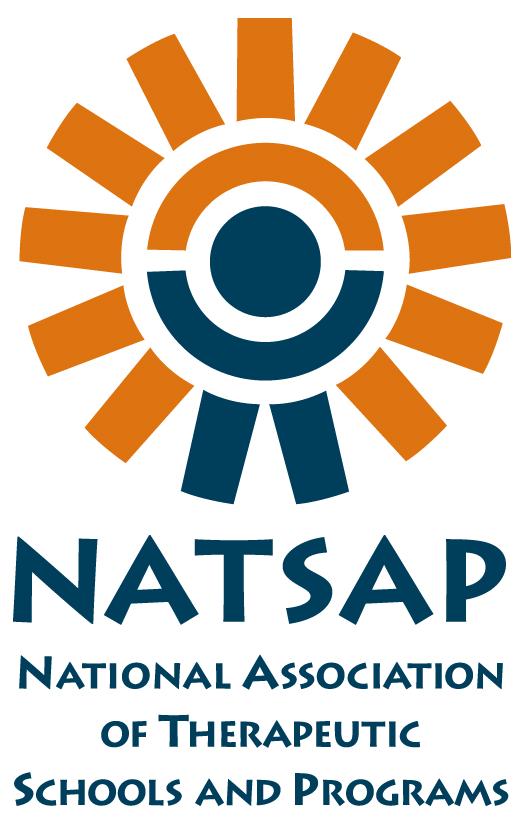Learning Disabilities (LD) are significant learning problems in school. LD are is characterized by inadequate development of specific academic, language, and speech skills. Types of learning disabilities include reading disability (dyslexia), mathematics disability (dyscalculia) and writing disability (dysgraphia).
Students with a learning disability have trouble performing specific types of skills or completing tasks if left to figure things out by themselves or if taught in conventional ways. This makes learning in a typical classroom difficult. This is where Special Education professionals come into play.
When a student is not making academic advancement or is struggling in the typical classroom setting, the teacher or the parent requests testing to determine if there is a learning disability. The results of this testing help direct a team of educational professionals and the parents to develop an Individual Education Plan (IEP) for the student. The IEP notes student strengths and weaknesses; creates goals to help address the areas the testing results indicate the student needs additional assistance in and what classroom adaptations, special equipment or supports are needed for the student to be successful. The IEP process is a group effort between the school and the parents.
Learning disabilities can be categorized either by the type of information processing that is affected or by the specific difficulties caused by a processing deficit. We will focus on information processing issues below. Functional impairments or specific difficulties caused by a processing deficit will be addressed in Part 2 of this blog.
Learning disabilities fall into the following categories based on the four stages of information processing used in learning:
Input: This is the information perceived through the senses, such as touch, visual or auditory perception. Students experiencing difficulties with touch or tactile input may be insensitive to pain or do not like to be touched. Difficulties with visual perception can cause problems with recognizing the shape, position and size of items seen; such as demonstrations written on the blackboard or other projected media. Difficulties with auditory perception can make it difficult to screen out competing sounds in order to focus on one of them, such as the sound of the teacher’s voice making it difficult to hear the lesson being taught.
Integration: This is the stage during which perceived input is interpreted, categorized, placed in a sequence, or related to previous learning. Students with problems in these areas may be unable to tell a story in the correct sequence, unable to memorize sequences of information, able to understand a new concept but be unable to generalize it to other areas of learning, or able to learn facts but be unable to put the facts together to see the “big picture.” A poor vocabulary may contribute to problems with comprehension.
Storage: Problems with memory can occur with short-term or working memory, or with long-term memory. Most memory difficulties occur in the area of short-term memory, which can make it difficult to learn new material without many more repetitions than is usual. Difficulties with visual memory can make learning to spell difficult.
Output: Information comes out of the brain either through words, (language output), or through muscle activity, such as gesturing, writing or drawing. Students experiencing difficulties with language output may have a hard time answering a question on demand because this requires retrieval of information from memory (storage), thought organization, and finally putting the thoughts into words before responding. The same is true with responding to questions in writing.
Students that experience difficulties with gross motor skills may have problems with stumbling, falling, running, climbing or learning to ride a bike. Students that experience difficulties with fine motor skills may have problems with buttoning shirts, zipping up a jacket, tying shoes or with handwriting.
Learning Disabilities do not go away. Students with Learning Disabilities can learn coping skills and ways to compensate for areas of difficulty. Do not overlook your part in your teen’s education. If think your teenager needs help, ask for it. You are your teenager’s best advocate for educational needs.
Reference:
http://en.wikipedia.org/wiki/Learning_disability








